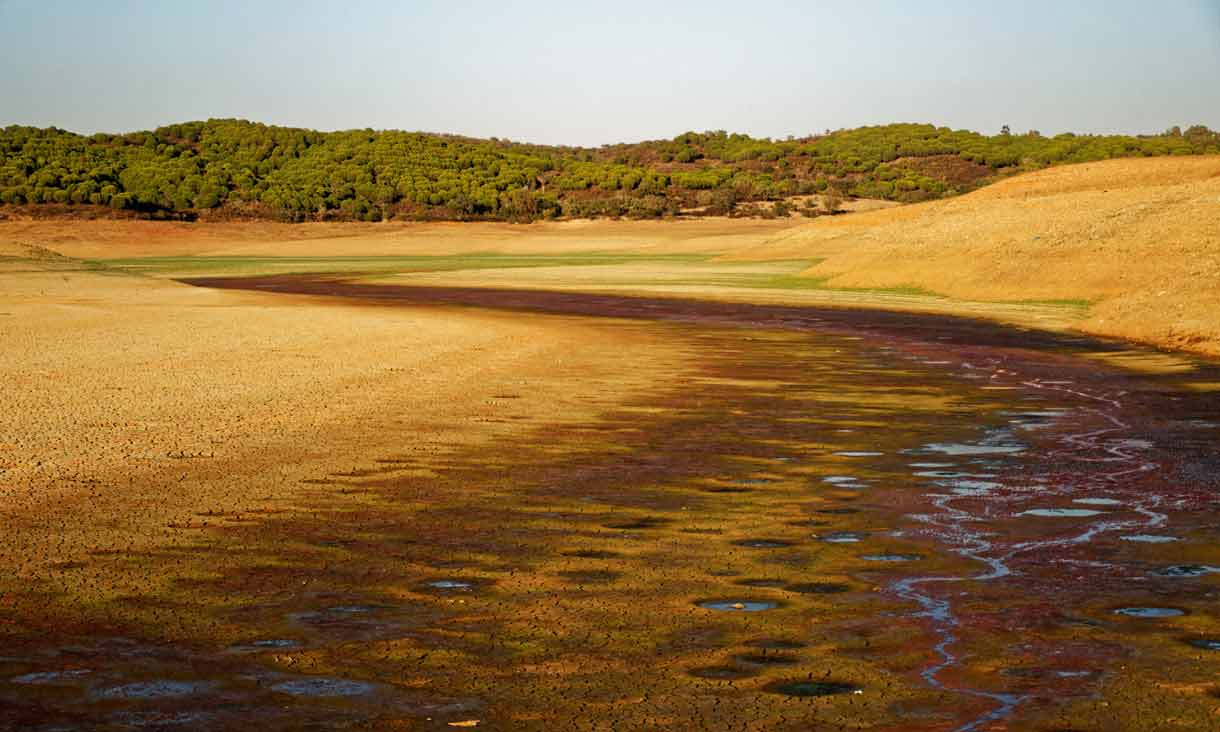Understanding the threat of climate change to water quality in waterways in inform mitigation opportunities.
Background
The objective of the project is to understand the threat of climate change to waterway water quality and key environmental values across the region to identify risks and opportunities to build climate resilience in the coming decades.
This research is important because climate change is recognised as a significant threat to waterway health in our Healthy Waterways Strategy. While we currently have predictions of climate change impacts to air temperatures and rainfall and can predict habitat suitability for environment values (e.g. macroinvertebrate, fish and platypus Habitat Suitability Models) under a range of possible climate futures, we lack an understanding of the impacts of climate change to water quality (e.g. stream temperature, dissolved oxygen, salinity) and how that relates to the tolerances of particular species. This project proposes to address experimental knowledge gaps through provision of data on ecological responses (acute and chronic thresholds) to predicted changes in water quality due to climate change.
Approach
This project is a joint project between A3P and MWRPP through research being undertaken by a PhD candidate at MWRRP.
Step 1: Knowledge review on climate change impacts to water quality and waterway values
Undertake a desktop study to synthesise existing data on climate change impacts to water quality and environmental values. The focus will be on water quality indicators most likely to be impacted by these predictions, including extreme weather events (e.g. water temperature, salinity, dissolved oxygen, turbidity, flow), and an assessment of the key environmental values most likely to be impacted.
Step 2: Prioritise and address knowledge gaps
Based on the water quality and environmental values identified as most at risk from climate change, toxicological assessments will be undertaken to determine tolerance thresholds for key vulnerable species.

Progress to date
Began Oct 2023
Expected Outcomes
- Information to help identify the most vulnerable environmental values to climate change and management opportunities to build waterway climate resilience
- Identification of climate risks and management priorities to support the development of Performance Objectives and management targets in the next HWS.
Expected Completion
2028
Contact
For more information, please contact the project lead:
- Dr. Jackie Myers, Jackie.Myers@rmit.edu.au
At Melbourne Water: